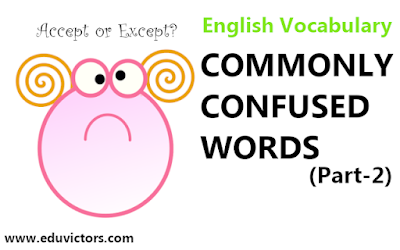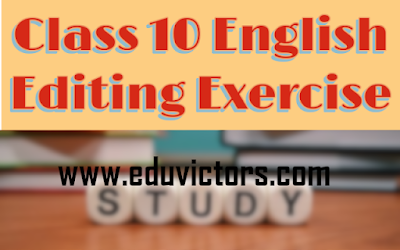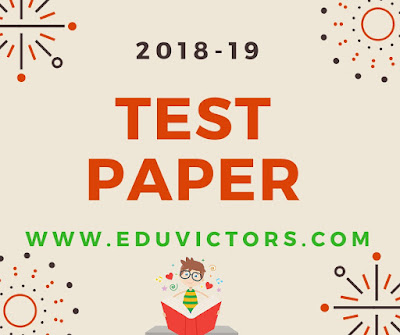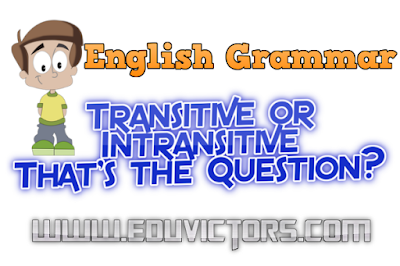English Grammar Worksheet
A
Pronoun is a word used in stead of a noun: as, The boy loves __
his__ book;
he has long lessons. Pronouns are substitutes for names, or nouns; but they sometimes represent sentences. Here is a worksheet on usage of pronouns in sentences.
Question: Read the passage carefully and fill the blanks with suitable pronouns by replacing the underlined words.
Everybody knows the story of Ekalavya. The story tells people about the great respect that an ordinary tribal boy had for (Ekalavya's) __
a___ guru Dronacharya. When Drona refuses to teach (Ekalavya) __
b_____ archery. Ekalavya ___
c____ makes a clay image of (Drona) ____
d_____ guru.
When Drona comes to know about this. (Drona) ___
e_____ demands Ekalavya's right thumb as gurudakshina. Ekalavya immediately draws (Ekalavya's) _____
f______ sword, cuts off (Ekalavya's) ___
g______ right thumb and offers (Ekalavya's thumb) ____
h_____ to Drona. Such was (Ekalavya's) ___
i_____ love and respect for (Ekalavya's) __
j___ guru.
Today in India, gurus are treated with absolute respect. In the field of music and dance, (gurus) __
k_____ are treated almost like Gods! Pupils sometimes live with (pupils) ___
l_____ gurus and attend (guru's) ___
m____ needs. (The pupils) ___
n_____ serve them in various ways. In return the gurus teach the sishyas all (the gurus) ____
o____ know. (The gurus) ____
p_____ feel proud when (the gurus') ___
q_____ disciples achieve fame and success. The gurursishya relationship is marked by love, devotion and loyalty.
Answers:


















